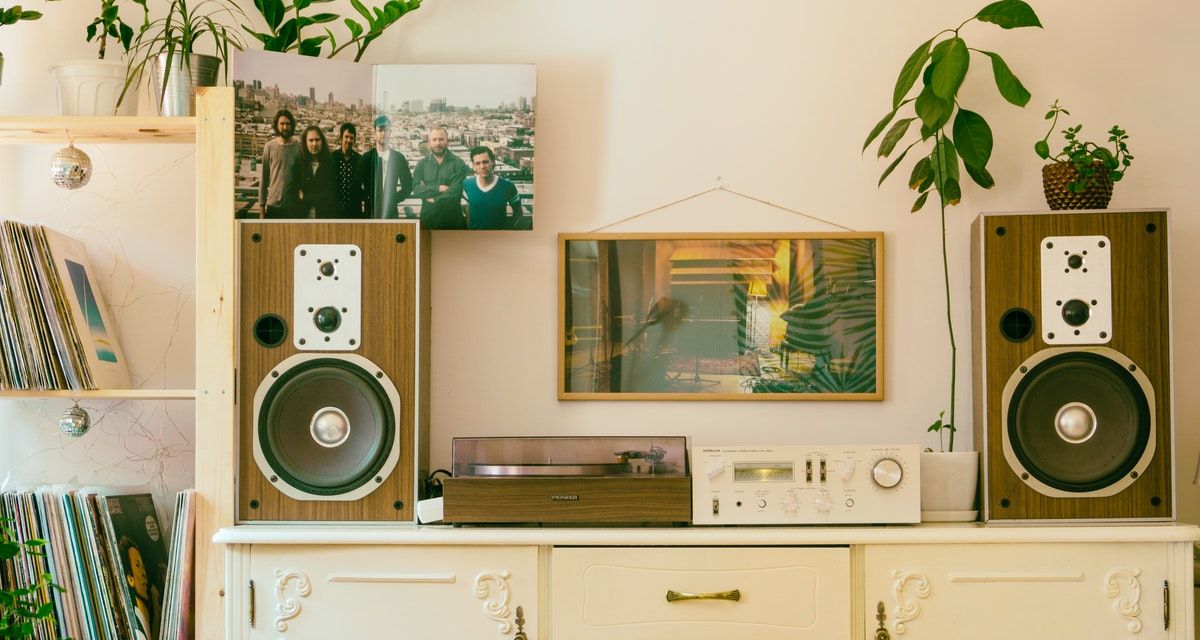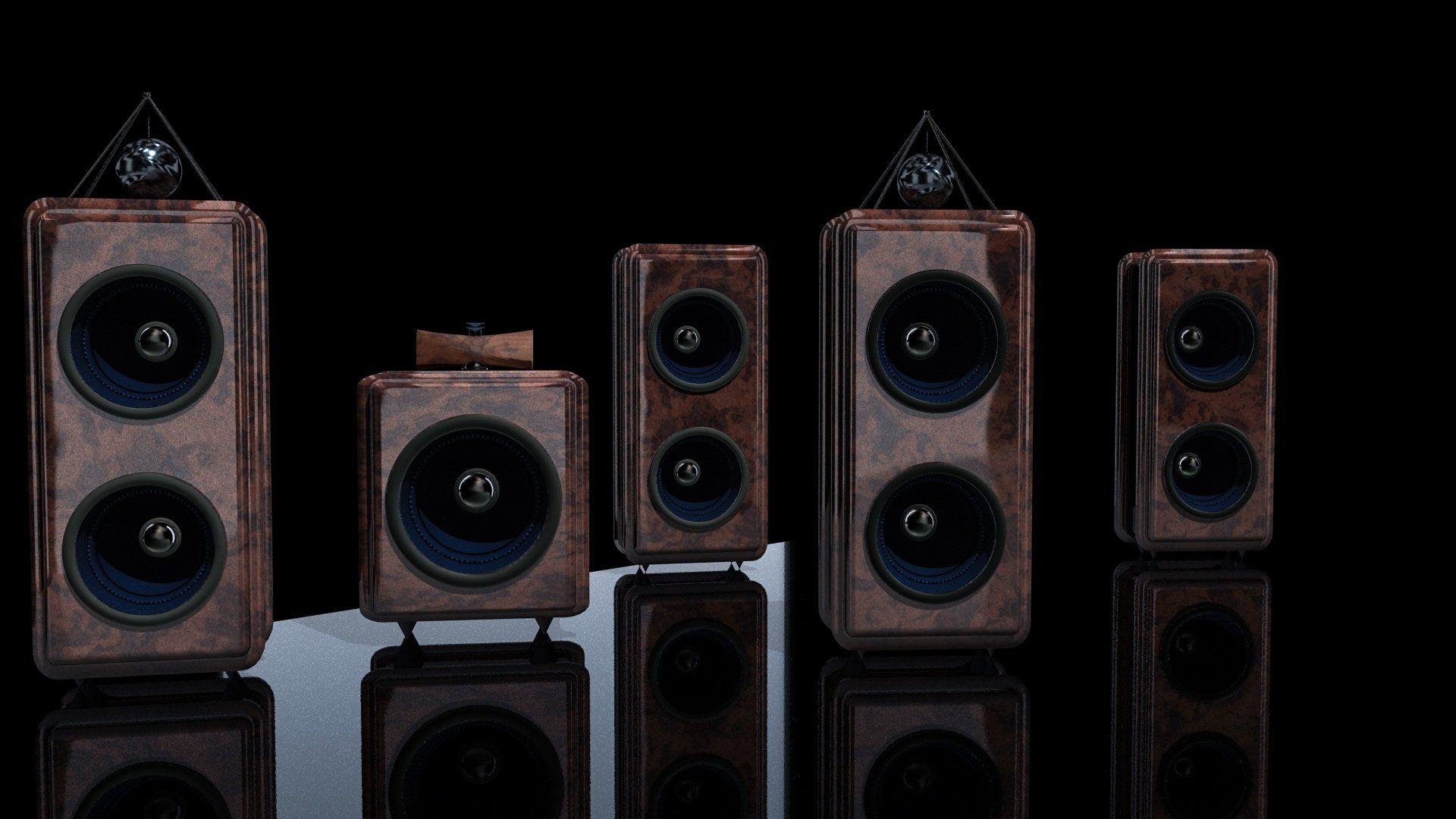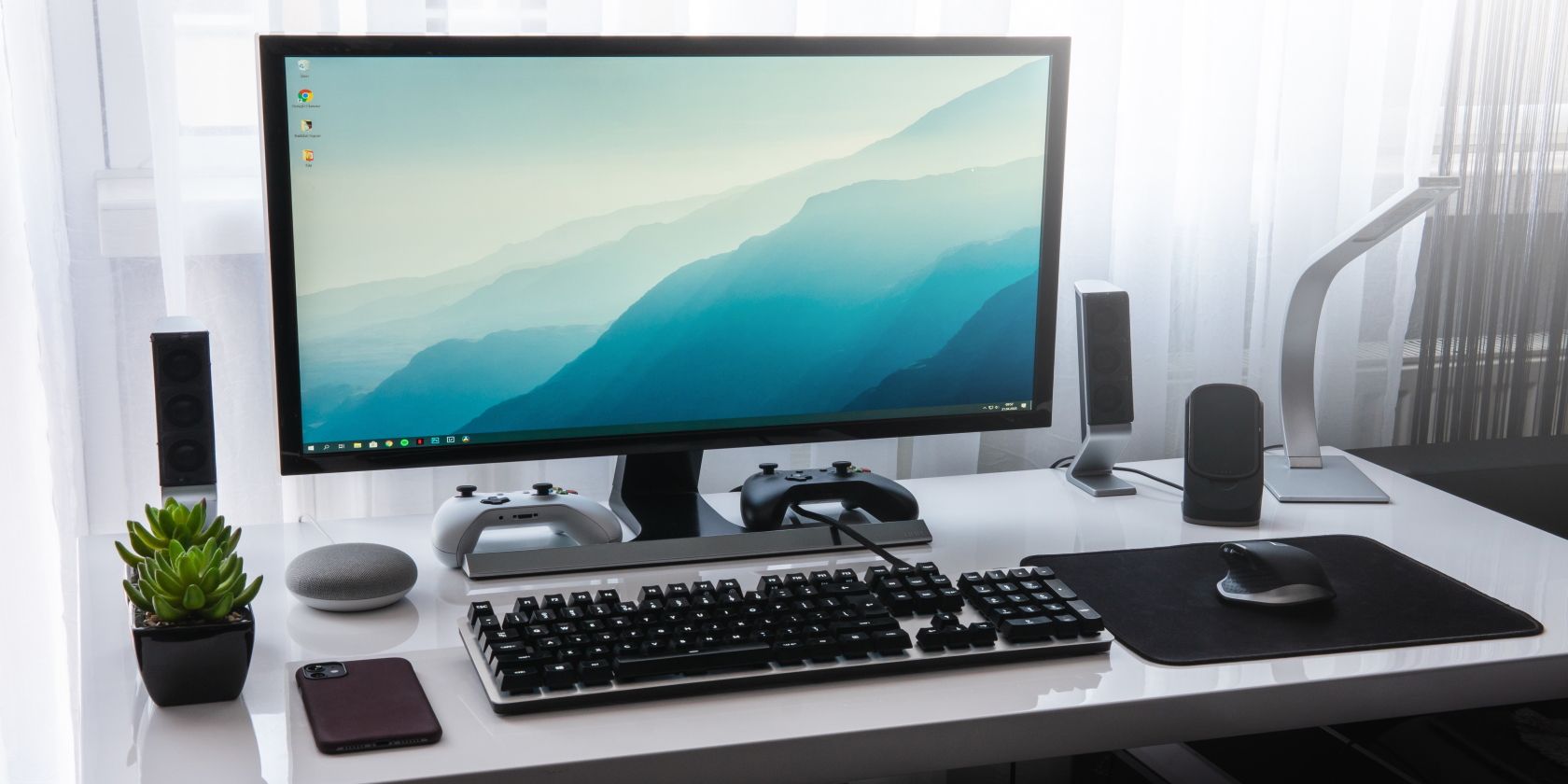Whether you're a professional audio worker like an audio engineer or a music enthusiast working from home, speakers can be a pretty important part of your room setup, used for everything from earning a living to just enjoying your day. However, with the vast range of audio setups and speaker arrangements available nowadays, it can be pretty confusing figuring out what to buy—considering size, price, loudness, aesthetic, and more.
In this guide, we'll run through diagnosing your space and filling it with speakers that will not only satisfy your eardrums but serve their purpose perfectly.
How Big Is Your Space?
This is a crucial first step in figuring out what types and sizes of speakers to buy. While I could spend a dozen paragraphs running over ways to surgically measure, gauge, and analyze the length, width, and depth of the room you want to deck out, I don't think that will be very useful for you. Instead, categorizing rooms into three simple categories will better serve as an indicator of the moves you might want to make.
The categories are as follows:
- A small room can be defined as anything under 1,500 feet cubed
- A medium room would be between 1,500 up to 3,000 feet cubed
- Finally, a large room would be anything over 3,000 feet cubed
To put these measurements into practice, a typical bedroom would fit into the small room category. A walled living room or rumpus room might be considered medium, while an open plan living room, long attic, or whole basement would be considered large. Generally speaking for consumers, we're not really going to be thinking about how to deck out a large room with something like a 5.1 surround sound system, but we'll give some recommendations anyway.
A Few Key Speaker Size Considerations
First of all, one of the main things to consider when buying speakers concerns room acoustics—that sound will always interact with the room it is being played in. For example, if you've got huge speakers in a small room, the sound waves from these speakers will bounce off the walls and end up distorting your sound or amplifying some frequencies while silencing others. Conversely, if you've got tiny 3" speakers in a large basement, you'll end up either having to turn them up so loud that you'll distort your speakers or that the sound will echo throughout the space.
You might also want to weigh up the type of space you're in and how far away from your speakers you will be. For example, if you're in a concrete hall sitting at the back of the room, you're going to have some reflections from a mammoth pair of loudspeakers. At the same time, if you're in a carpeted bedroom with lots of sound-absorbing furniture, you probably won't run into this issue as much. You can also look into acoustic treatment if you're in a space with lots of reflections.
Basically, this translates into needing to pair your speakers to the space they're placed in. You don't need medium speakers to fill a medium space. Sometimes you won't even need speakers that are classified as small to fill a large space—it's all about the tech and quality over quantity. While larger speakers may have a louder output due to the additional power you get for the size, if you know your space and consider the acoustics, you'll be able to make the purchase that's right for you.
Optimizing Your Speaker Setup
If you've already bought speakers and can hear some unwanted reflections or echoes or are looking to get a bit more specific with your room acoustic measurements, there are two great apps to use.
Impulso
Impulso is a free app built by Portuguese company Artnovion that allows users to measure room acoustics using their phone's speaker or via a connection to outboard gear. With this app, you can measure the acoustic response of your room by plugging in the dimensions, enabling you to make smart choices about what you might purchase. It is pretty technical, though, so be warned that the answer might not be so straightforward when you're using it.
Download: Impulso (Free)
Room EQ Wizard
Similarly, Room EQ Wizard is freeware for desktop devices, used to measure room acoustics, loudspeakers, and audio devices, helping you analyze your space and find the best location for your new set of speakers. Using simple audio tests, it gives you a real-time response to the placement of your speakers, and you can even use it to equalize your gear to counter the effect of the room size and material. The pro version offers even more analytics and features for professional users.
Download: Room EQ Wizard (Free, Pro Version Available)
The video below, by Acoustic Fields, also helps to give a great overview of room size versus speaker size. It puts a very rough rule of thumb at a ratio of 1:0.5 in terms of room versus speaker size. That means if you've got a 12" room, your speakers should be no bigger or taller than 6".
Towers vs. Bookshelf, Desktop vs. Free-Standing
Again, it's important to emphasize that you need to buy with your main intention for the speakers in mind. If you're a gamer and just need something to boost the audio from your device, a nice pair of desktop speakers would do the job. If you're an audiophile but are bound to your room, a good pair of studio monitors might do the trick. Or if you're a movie buff looking to deck out your home theatre, some free-standing tower speakers might do the trick.
If you're looking to advance onto the buying stage, you could, of course, head to any major retailer and start browsing their speaker section to find your perfect set. However, we recommend instead heading to Sweetwater as their staff reviews and product testing sections are amazing for gaining a deeper understanding of different products—hopefully meaning that you can get married up to a new pair of speakers quickly and easily.
Weighing Up Speaker Sizes Takes Time
Unfortunately, there is no magic rule for which size speaker to place in which size room. However, as we've explored, a whopping pair of 25" speakers will probably blow you away in a bedroom setup, while a 4" pair of bookshelf speakers in a living room may leave a lot to be desired.





